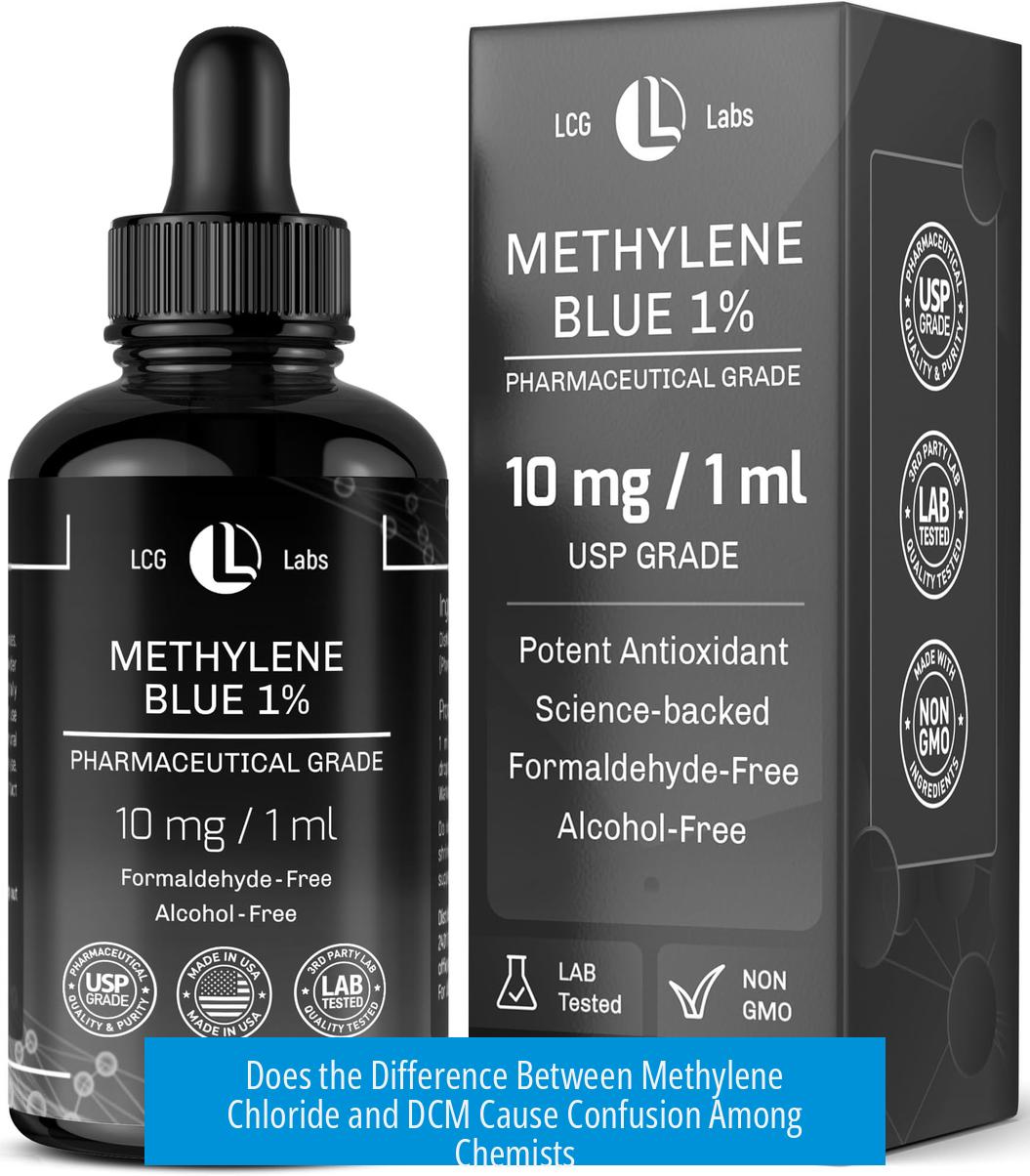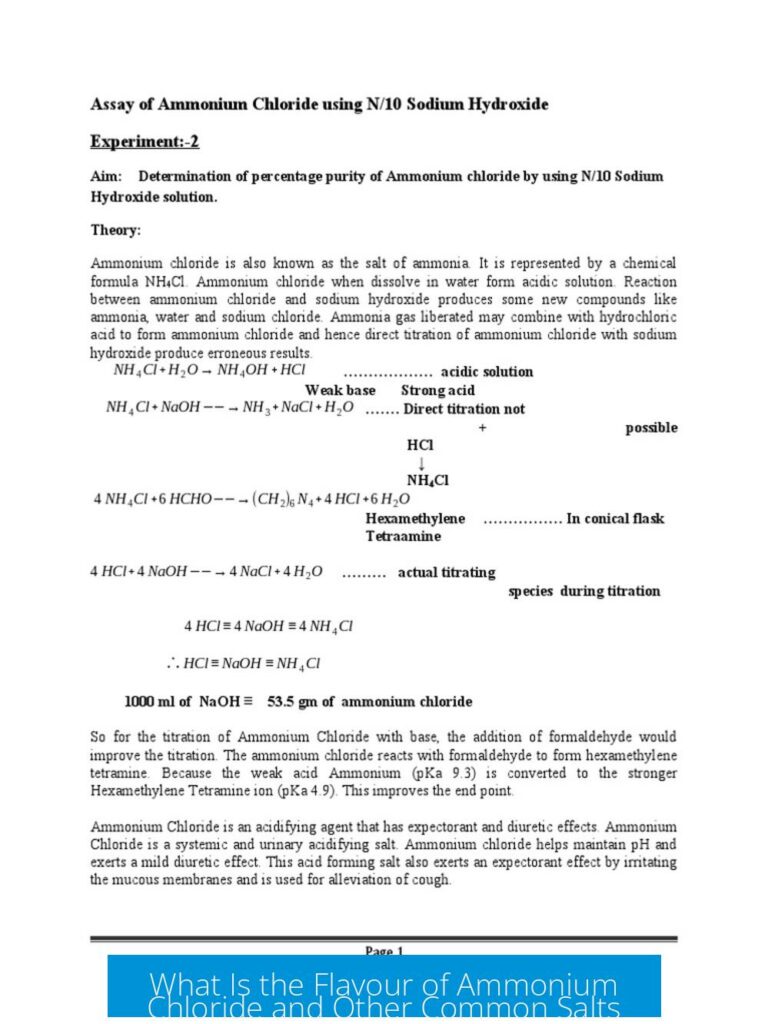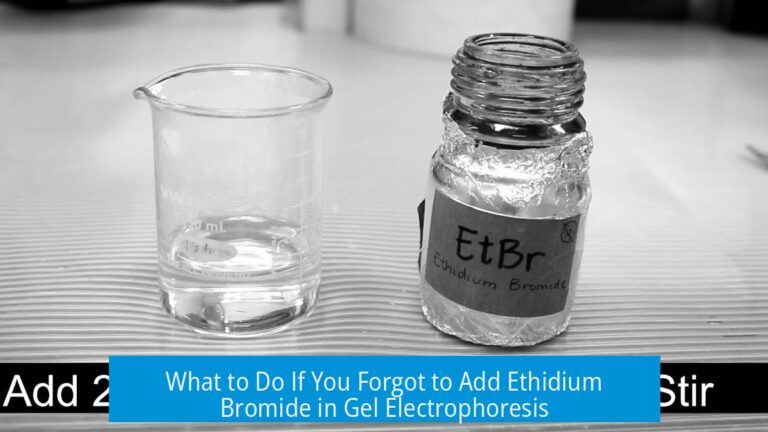Understanding the Difference Between “Methylene Chloride” and “DCM”
The difference between “methylene chloride” and “DCM” is primarily one of terminology rather than substance. Both names refer to the same chemical compound, CH2Cl2. “Methylene chloride” is the common chemical name, emphasizing its molecular structure, while “DCM” is a widely used abbreviation for dichloromethane. Confusion or annoyance around these terms arises from the inconsistency in chemical naming conventions over time and language.
Why Does This Naming Confusion Occur?
The inconsistency between “methylene chloride” and “DCM” stems from how common names develop in chemistry. Unlike systematic nomenclature governed by strict rules, common names emerge from historical usage, geographic preferences, and linguistic evolution. This creates situations where the same compound is known by multiple names, which can feel arbitrary and confusing.
Common names are often rooted in language patterns rather than strict logic. They can vary depending on the region, the historical context, or the industry sector. For example, “methylene chloride” is the chemical’s traditional name, while “DCM” is an abbreviation widely used in laboratories and industry to simplify communication.
The Meaning of “Methylene” in Chemical Names
“Methylene” refers specifically to the chemical group -CH2-. It denotes a diyl group, meaning it is connected by two single bonds to other atoms or groups. The term originates from the methylene bridge concept, where a carbon atom connects two parts of a molecule through CH2.
For example, in “methylene chloride,” the molecule consists of a methylene group bonded to two chlorine atoms, giving the formula CH2Cl2. The compound can also be systematically named “methanediyl dichloride,” which explicitly states two chlorine atoms are attached to the methylene group.
Why Use “DCM” Instead of “Methylene Chloride”?
To avoid confusion, many chemists prefer the abbreviation “DCM,” standing for dichloromethane. “DCM” is brief and clear in laboratory settings and technical documents.
- DCM is the acronym derived from “dichloromethane.”
- It reflects the molecular composition more straightforwardly.
- It simplifies communication by removing complex or archaic terms like “methylene.”
Choosing “DCM” sidesteps the difficulty of interpreting the meaning behind “methylene” and aligns with the trends of simplifying chemical nomenclature in practice.
Relating Methylene Chloride To Similar Compounds
Understanding the naming of methylene chloride benefits from comparison with related chemicals.
| Compound | Formula | Common Name | Meaning of Name |
|---|---|---|---|
| CH2Cl2 | Methylene chloride (DCM) | Methylene chloride | Methylene = -CH2- group; two chlorines attached. |
| C2H4Cl2 | Ethylene chloride | Vinyl chloride | Ethylene = C2H4 with chlorines added. |
| C3H6Cl | Propylene chloride | Propylene = C3H6 with chlorine. |
In these examples, “ethylene” and “propylene” refer to hydrocarbon groups missing hydrogen atoms, similar to “methylene.” The pattern is generally that “ene” suffixes indicate the removal of hydrogens creating reactive sites (diyls or double bonds). However, these naming patterns can break down or differ depending on the molecule and its history.
Limitations of Common Naming Patterns
The chemical naming system often appears inconsistent. For instance, “ethylene oxide” does not follow the chlorine atom-adding pattern seen in “ethylene chloride.” Historical naming and practical usage sometimes override systematic logic.
This inconsistency in naming is a source of frustration that is common among chemists and students alike. However, such irregularities arise naturally as chemical knowledge and language evolved separately over centuries.
Advice for Managing Annoyance Over Chemical Names
The diversity of chemical names reflects organic chemistry’s rich history rather than any error. The best approach is acceptance of these inconsistencies.
- Recognize that historical, linguistic, and geographic factors shape names.
- Use abbreviations like “DCM” to streamline discussions.
- Refer to systematic nomenclature when clarity is essential (like IUPAC names).
- Avoid becoming overly frustrated with legacy terms that persist in literature.
Moving beyond irritation over these terms can save time and help focus on understanding chemical properties or reactions instead.
Key Takeaways
- “Methylene chloride” and “DCM” designate the same chemical, CH2Cl2.
- “Methylene” refers to a -CH2- diyl group bonded to two chlorine atoms in this compound.
- Common chemical names reflect history, language, and usage, not strict logical patterns.
- The abbreviation “DCM” is often preferred to reduce confusion in communication.
- Similar naming conventions occur with ethylene and propylene derivatives, but inconsistencies are common.
- Accepting these irregularities avoids unnecessary frustration and streamlines chemical discourse.
What exactly does “methylene” mean in “methylene chloride”?
Methylene refers to a -CH2- group. It is a diyl, meaning it connects to other groups by two bonds. So “methylene chloride” means a CH2 group with two chlorine atoms attached.
Why do people find the difference between “methylene chloride” and “DCM” confusing?
“Methylene chloride” is the full chemical name, while “DCM” is just an abbreviation for dichloromethane. The confusion comes because both names refer to the same chemical, yet they sound different and cause annoyance.
Are there consistent rules behind names like methylene chloride, ethylene chloride, and propylene chloride?
There are some patterns, such as adding chlorine atoms to groups like methylene or ethylene. But these naming schemes often break down and don’t apply uniformly to all similar chemicals.
Is using “DCM” instead of “methylene chloride” a good way to avoid confusion?
Yes. “DCM” is simpler, shorter, and widely recognized, so many suggest using it to prevent frustration caused by the longer chemical name.
Should I get annoyed because chemistry names lack clear logic?
Chemical names come from history and language, not always logic. It’s best to accept the inconsistency rather than get upset, as these names evolved over hundreds of years.





Leave a Comment